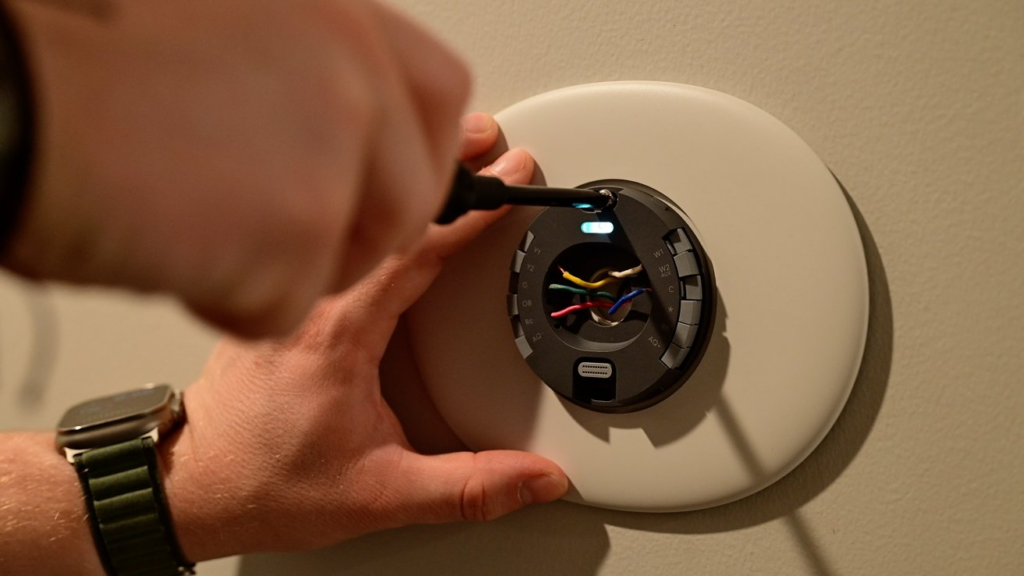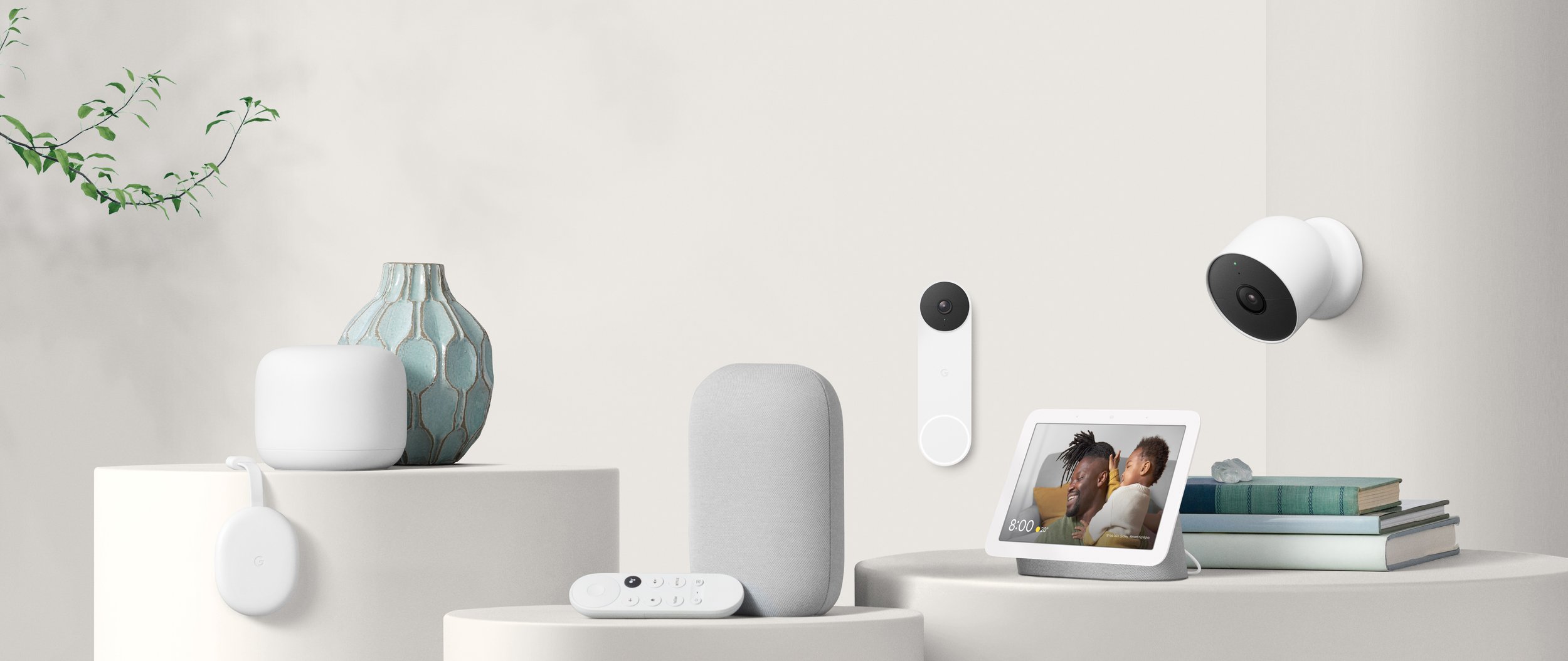Imagine a home that can tell you it’s time to replace the HVAC filter, alert you to a leaky pipe before it floods your basement, and even optimize your energy usage—all without you lifting a finger. Thanks to advancements in data collection technologies and artificial intelligence (AI), this vision is rapidly becoming a reality. New homes are increasingly equipped with sensors, smart devices, and IoT (Internet of Things) technology, but the real game-changer lies in how AI can tie these data collectors into a cohesive system, transforming the way homeowners maintain their properties. Here’s a closer look at the present and future of these innovations.

The Rise of Data Collectors in Modern Homes
Today’s homes are already brimming with data collectors. Smart thermostats, for example, are at the forefront of this technological revolution. Devices like Nest and Ecobee collect temperature and humidity data, learning the homeowner’s preferences to optimize comfort and energy efficiency. Similarly, leak detectors, which are strategically placed near plumbing fixtures, are capable of identifying small leaks before they escalate into significant and costly damage.
Air quality monitors are another key component in modern smart homes. Devices like Awair or IQAir continuously measure indoor pollutants, providing actionable insights that empower homeowners to improve air quality. Energy usage trackers, including smart meters and outlets, contribute by monitoring electricity consumption, allowing homeowners to identify waste and reduce costs. Emerging technologies, such as structural health sensors, are pushing boundaries even further by using vibration and load data to assess a building’s structural integrity in real time. While each of these devices offers valuable insights individually, their true potential emerges when integrated into a unified system powered by AI.
AI-Powered Home Health Checks
Artificial intelligence has the power to take the raw data from these sensors and translate it into actionable insights, effectively giving your home a “health check” similar to how a doctor evaluates your body. AI can analyze sensor data to predict when systems or appliances are likely to fail. For instance, if an HVAC system’s energy consumption suddenly spikes, the AI might flag it as a sign of an impending issue, prompting timely maintenance that could save thousands in repair costs.
Beyond predictive maintenance, AI systems can provide holistic home monitoring. By consolidating data from air quality monitors, energy trackers, and structural sensors, AI can deliver a complete picture of a home’s health. This enables it to alert homeowners to potential issues, such as deteriorating indoor air quality or structural stress after severe weather events. Moreover, AI can offer personalized recommendations by learning from the homeowner’s behavior and preferences. It might suggest adjusting energy settings during peak usage times or recommend eco-friendly upgrades tailored to the homeowner’s lifestyle.
Proactive problem-solving is another advantage of AI integration. For example, if moisture sensors detect high humidity levels, the AI system could automatically activate a dehumidifier or send a notification to check for leaks. This level of automation not only saves time but also prevents minor issues from escalating into major problems.
Data Collectors in Modular Factory Production
One of the most exciting developments in smart home technology is the ability to integrate many of these data collectors directly into modular homes during factory production. By embedding sensors and IoT devices into walls, ceilings, and utility systems at the production stage, manufacturers can ensure that homes are equipped with cutting-edge technology right from the start. For instance, air quality monitors and leak detectors can be pre-installed in strategic locations, such as near HVAC units and plumbing systems, to provide immediate value to homeowners.

Factory integration also allows for more precise calibration and testing of these devices before the home is delivered. Energy usage trackers and structural health sensors, for example, can be configured and tested within controlled factory environments to ensure they work seamlessly upon installation. This approach not only reduces installation time on-site but also ensures that the devices are optimally placed for maximum effectiveness.
Additionally, by integrating smart home technology during production, modular manufacturers can offer a competitive edge to potential buyers. Homes that come pre-equipped with these advanced features appeal to tech-savvy consumers and can command higher market value. As more modular factories adopt this practice, it could set a new standard for what homeowners expect in a modern, connected living space.
The Road Ahead
While the technology is promising, several challenges remain. Privacy concerns are at the forefront, as homeowners may hesitate to adopt such systems due to fears of data misuse or hacking. Additionally, integrating various devices into a seamless system is a significant technical challenge, as many operate on different platforms. Cost is another barrier, as advanced AI systems may initially be out of reach for many homeowners. Despite these challenges, the benefits of AI-powered home health checks are too compelling to ignore. Companies are already working on interoperable platforms, enhanced data security measures, and cost-effective solutions to bring this vision to life.
The Future: A Living, Learning Home
In the not-so-distant future, a home equipped with advanced AI could function like a living organism. It would continuously monitor its own systems, adapt to environmental changes, and provide homeowners with peace of mind by proactively addressing issues. Imagine waking up to a daily report that outlines your home’s energy efficiency, air quality, and potential maintenance needs, all powered by AI that learns and improves over time.
As these technologies advance, the concept of a “smart home” will evolve into something even more profound: a home that doesn’t just respond to its occupants but actively takes care of them. This shift will not only redefine homeownership but also set new standards for sustainability, efficiency, and comfort.
Gary Fleisher, The Modcoach, writes about the modular and offsite construction industry at Modular Home Source.
.
CLICK HERE to read the latest edition
Contact Gary Fleisher












